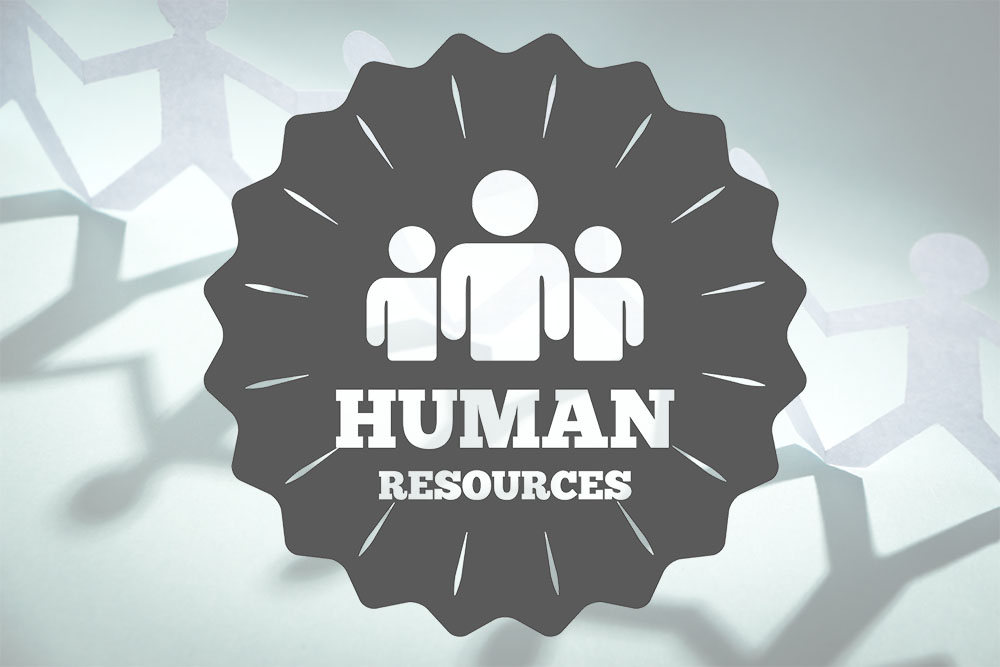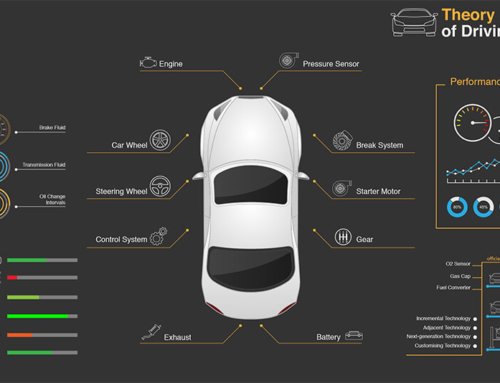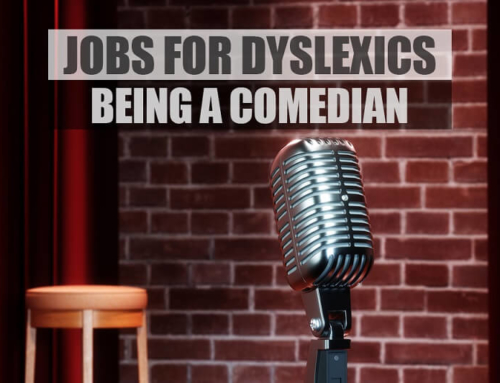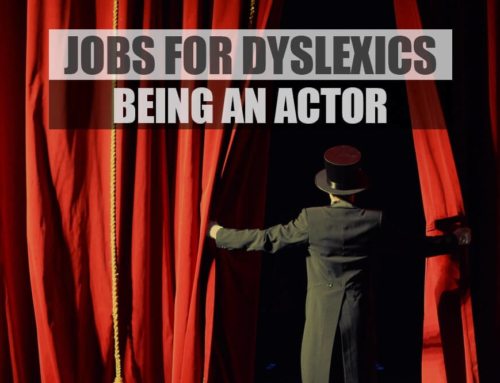
A few years ago, I recruited a Finance Assistant through a scheme run by the BBC, which was aimed specifically for people with a disability. If someone had asked me at the time, how I intended to manage someone with a disability (having never done so before) I would have responded “in the same way I manage anyone.” Right?
If you need any assistance when reading this post please note Browsealoud is installed on this site. Click the headphone logo in the top left corner of the screen to launch the assistive toolbar.
I did really believe this at the time and I still do now, the difference however is that I’m much more confident in how to actually deliver against this statement. I did have some training at the time, along the lines of awareness, statistics around disability, where to go for additional support or advice. In hindsight though, I’d say the one element of training that was missing, was the Management aspect.
A significant part of my learning process came about after I recruited someone with Autism (Autistic Spectrum Condition to be precise), who I shall call Lil’Hulk. Most of the training I had received had really focussed on physical disability, so my actual awareness of hidden disabilities was minimal – I say my ‘actual awareness’ as I had heard of Autism, but I came to realise that I didn’t understand or appreciate the condition.
Now, it was a gradual process of me learning and Lil’Hulk disclosing more and more about her condition, but I started to realise I was probably doing everything incorrectly. I wasn’t really managing and supporting, but more simply assuming things – assuming what ‘support’ was, assuming what methods of communication worked, assuming things made sense after I’d explained them.

Someone with a Neurodiverse condition is going to make sense of their environment in a different way to someone Neurotypical, so you have to be prepared not to assume anything. For example, Lil’Hulk is a visual person and so prefers graphics and pictures as a way of communicating rather than words. So now, we email each other keeping words to a minimum and re-enforcing the message with pictures. This was Lil’Hulk’s idea and it works brilliantly.
Neurodiverse conditions are individual (as are Neurotypical conditions?!) so what works for Lil’Hulk will not necessarily work for someone else, however the basic premise of support works for everyone – don’t assume anything and work at building trust so that people feel comfortable to disclose what works for them and what doesn’t. It also helps if you’re open to new ideas (see the email example above).
My biggest positive from working with Lil’Hulk and indeed everyone from the BBC’s Extend scheme is that it has opened up my way of thinking about everything and I believe it has helped me to become a better manager in general. I no longer assume something is right because it works for me. I try to be more aware of how everyone works, so I can properly support them. I think about how I communicate with people, because everyone absorbs information differently.
I would recommend to anyone – when recruiting and/or managing, look for someone who is different to you as they will provide you with a broader and more developed sense of your environment.
Words by Sean Gilroy
 Sean Gilroy, Finance Business Partner, BBC North
Sean Gilroy, Finance Business Partner, BBC North
Sean is a Chartered Management Accountant and has worked at the BBC for 8 years. He is now based in Salford with BBC North following the move to MediaCityUK in 2011. An advocate of the BBC’s Extend Scheme and committed to diversity, he managed 4 recruits from the scheme over 2 years including Leena Haque with whom he later collaborated on a project researching Neurodiversity in the workplace.
If you like this post subscribe to this blog, join our newsletter or follow us on Facebook or Twitter to keep up to date with new content. You might also like our podcasts.
The Codpast is a multimedia production from www.extraordinaire.tv







